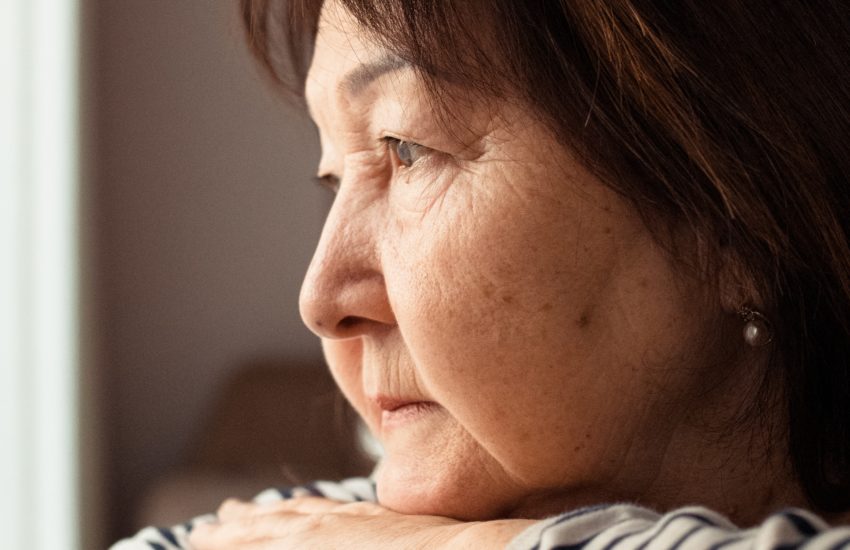Corporal Punishment Affects Anxiety, Depression and Brain Activity
Although decades of research studies have linked spanking and other forms of physical punishment intended to cause pain to a decline in adolescent mental health, new evidence goes a step further.
A new study published in the journal Biological Psychiatry: Cognitive Neuroscience and Neuroimagingindicates that corporal punishment may impact neural systems to produce those adverse effects.
The Research
A team of researchers from Florida State University conducted a longitudinal study on adolescents from the Tallahassee, Florida area. The participants included 149 boys and girls between the ages of 11 and 14.
The group members performed a video game-like task and a monetary guessing game while their brain wave activity was monitored via electroencephalogram (EEG). Each participant was scored based on two factors: their neural response to error and their neural response to reward.
Two years later, the group members and their parents completed multiple questionnaires that assessed parenting style, including corporal punishment, as well as anxiety and depression.
The Results
As the researchers expected, the participants who had experienced corporal punishment were more likely to develop depression and anxiety.
In addition, when the scientists compared the questionnaires’ answers to the results of their EEG-measured results from the tasks two years earlier, they found that the participants who received physical punishments had:
• a larger neural response to error
• a blunted response to reward
“Specifically, our paper links corporal punishment to increased neural sensitivity to making errors and decreased neural sensitivity to receiving rewards in adolescence,” said lead researcher Kreshnik Burani, who worked alongside Greg Hajcak, PhD, at Florida State University. “In previous and ongoing work with Dr. Hajcak, we see that increased neural response to errors is associated with anxiety and risk for anxiety, whereas decreased neural response to rewards is related to depression and risk for depression. Corporal punishment, therefore, might alter specific neurodevelopmental pathways that increase risk for anxiety and depression by making children hypersensitive to their own mistakes and less reactive to rewards and other positive events in their environment.”
The study’s findings may help researchers better understand the foundations of anxiety and depression, as well as steer interventions for at-risk youth.
MBJ
Wendy Burt-Thomas writes about the brain, mental health and parenting.
Check out the original research:
www.sciencedirect.com/science/article/abs/pii/S2451902222002336?via%3Dihub


